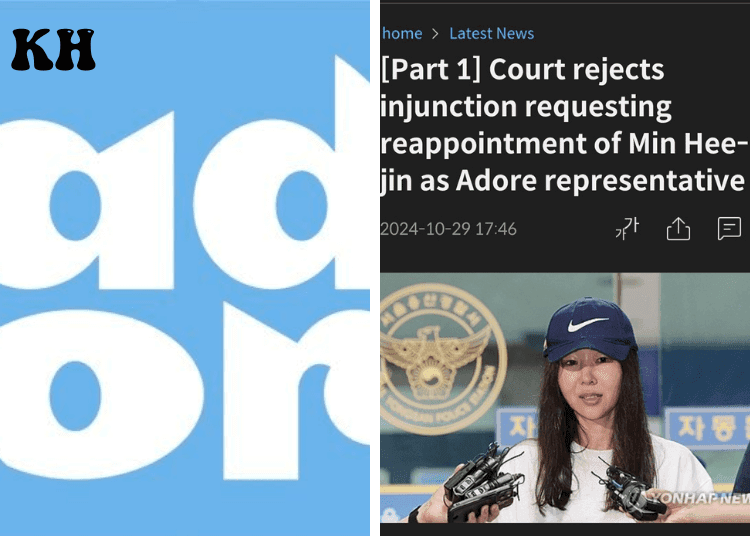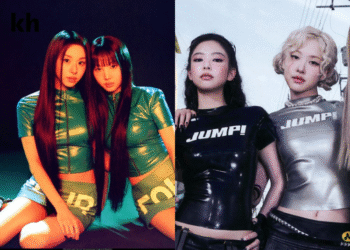In a significant legal development, the court has rejected Min Heejin’s injunction seeking reappointment as CEO of ADOR, raising eyebrows and sparking speculation about her next move. This decision has sent ripples through the K-Pop community, suggesting that we may soon witness a dramatic response from Min, known for her strategic media plays.
The rejection of her injunction could lead to an uproar, as many anticipate she might orchestrate a media stunt to voice her displeasure. Fans and industry observers are bracing themselves for potential drama, all while keeping their playlists on repeat. This situation reflects a broader trend in the industry, where personal conflicts often spill into the public domain, shaping narratives and influencing fan sentiments.

Some commentators have pointed out the need for strict measures regarding internal conduct. If Min is to continue in a director role, there should be protocols in place to prevent any further leaks of confidential information. The suggestion is clear: if she engages in any more questionable behavior, there should be consequences, including termination. The hope is that this case will set a precedent for better protections for artists and executives alike, helping to curb the influence of individuals who may misuse their positions.
Many have voiced their concerns over the broader implications of Min’s actions on media, politics, and commerce in South Korea. There is a growing sentiment that the time has come for real reforms to protect artists from the machinations of powerful figures within the industry. The notion that Min’s influence, often likened to a “snake” or a “shaman,” needs to be curtailed is gaining traction among fans and industry insiders alike.
As this drama unfolds, one thing is evident: Min’s recent decisions have cost her significantly, with reports indicating losses exceeding $75 million in put options. The fallout from her actions has been severe, leading some to speculate that a rebranding of ADOR or even the dissolution of the label may be on the horizon. The industry is keenly observing how this situation will evolve, particularly regarding the future of BTS and other associated acts.
Ultimately, this legal battle highlights the complexities of leadership within the K-Pop industry and the potential consequences of personal ambitions on larger corporate structures. As fans await the next chapter in this unfolding saga, it is clear that the stakes are high, and the impact on ADOR and HYBE could be profound. The resolution of this situation may well serve as a catalyst for change, ushering in a new era of accountability and transparency in the K-Pop landscape.
Source (1)







